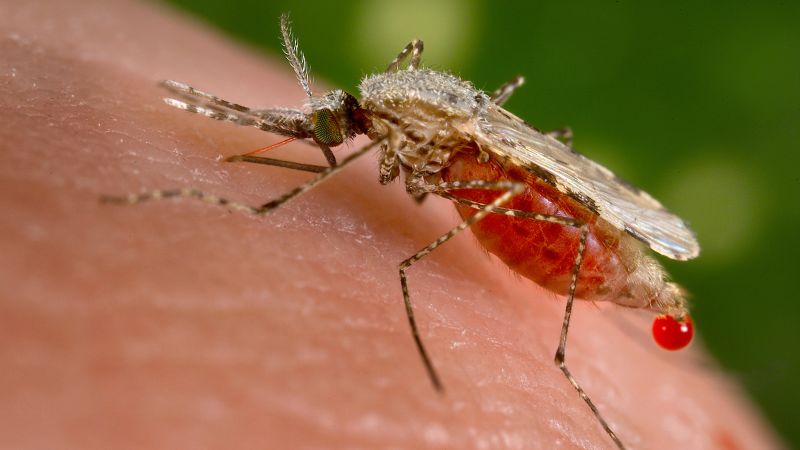Despite being one of the smallest countries in Africa, Djibouti has a colossal battle to fight. The nation, located along the northeast coast of the Horn of Africa, has recently experienced a deadly wave of malaria. In a groundbreaking move, Djibouti is now combating the crisis with genetically modified (GMO) mosquitoes.
The predicament Djibouti faces is not unique. Malaria, a parasite-driven disease, is a public health emergency in several Sub-Saharan African countries. Transmitted to humans through the bite of an infected female Anopheles mosquito, malaria is one of the leading causes of death in this region.
In Djibouti, the situation has been aggravated by various factors including a lack of comprehensive healthcare infrastructure and the increasing impact of climate change which is creating more mosquito-friendly environments. To control the rapidly escalating malaria crisis, Djibouti’s health authorities have decided to embrace an innovative, albeit controversial, approach involving the use of GMO mosquitoes.
The GMO mosquitoes are the brainchild of a team of international scientists who have tweaked the genetic makeup of the Anopheles mosquito. The modifications aim to reduce the mosquito population by impairing their ability to reproduce and transmit the malaria parasite. This strategy is based on a gene technology called the CRISPR-Cas9 system, which allows scientists to perform precise, targeted changes to the DNA in any species.
The deployment of GMO mosquitoes in Djibouti raises numerous questions about the ethical implications and potential ecological impacts. However, the country’s health authorities argue that the gravity of the malaria situation necessitates radical and innovative measures.
Health officials point out that traditional malaria control methods, such as the use of insecticide-treated bed nets and indoor residual spraying, have proven to be ineffective due to the mosquitoes developing resistance to these approaches. Thus there is a pressing need for alternatives, and GMO mosquitoes seem to offer a promising solution.
Strict protocols for the release of these GMO mosquitoes are being followed in Djibouti. The plan encompasses the slow release of a small number of modified mosquitoes, to monitor their impact and study their interactions with the local mosquito population. Moreover, to ensure an ethically sound approach, public opinions and concerns are being taken into consideration before initiating any widespread implementation.
It is important to note, however, that the use of GMO mosquitoes to combat malaria is still in its experimental stages globally. Djibouti, therefore, is participating in a global pioneering effort to control and ultimately eradicate malaria using genetic modification.
As Djibouti wages war on malaria using GMO mosquitoes, it is contributing to a broader international dialogue on the use of genetic modification to tackle major health crises. Though the approach is still under scrutiny, its potential to eliminate malaria is immense. This strategy could indeed herald a new dawn for malaria eradication, not only in Djibouti but also across the malaria-ridden regions worldwide.




